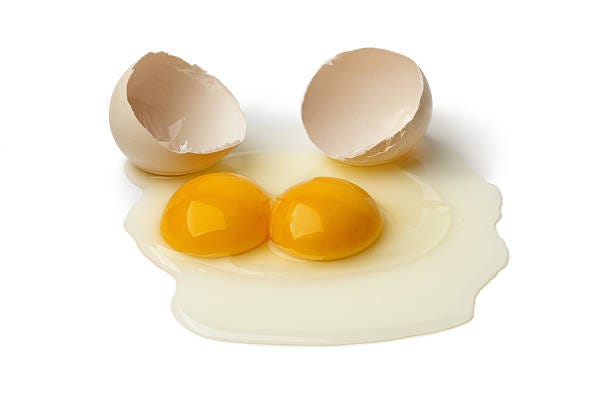What is Luck?
In her global bestselling memoir Eat, Pray, Love, Elizabeth Gilbert talks about the “two horses of destiny”. One horse represents our internal will and controllable choices. The other horse represents the external world and uncontrollable forces. Both horses — she claims — we ride simultaneously in our path towards our destiny. Both horses pull us to the mysterious pastures of our future.
This dualistic philosophy seems rational. And it nicely injects a sense of empowerment yet humility at the same time. But I am getting a sense that Miss Gilbert is missing something important. She is missing the fact that one horse (the horse of external forces) is undoubtedly more muscular than the other — and so drags us more forcefully towards our proverbial end place.
As a human being living amongst 8 billion others, in one small planet amongst trillions of others, the list of what we can definitively control is outstandingly and stupefyingly miniscule. If one looks at the grocery list of (1) Items that are within our control and (2) Items that are outside of our control, the second list will surely outlength the first.
Within that long list of items that are outside of our control, there are those that give us long-term dividends. These uncontrollable events that provide long-term benefits is what we may call Luck. An example of an uncontrollable but favorable event is being born with a properly functioning body (i.e. being born without physical impairment). Another example is having daily access to drinkable water. Another one is being relatively well-fed throughout childhood.
These are all circumstances one does not (and could not) choose for oneself, yet they impose a monumental impact on the trajectory of one’s life. Whether one develops into a well-off human being or an utterly miserable one very often depends on these uncontrollable happenstances. As Warren Buffet once put it: “In 1930, if I had been born a female, or been born black, I would not have the same opportunities that I had. It’s just chance”.
I used to think that the celebration of one’s luck (i.e. being grateful) should be reserved exclusively for the highly sentimental: the people who wake up at 5am to write on their “Gratefulness” journal, the vegetarians who believe in Feng Shui, and the hippies who believe that yoga is a legitimate exercise (of course it’s not).
But being grateful does not have to be soppy or sentimental. It can simply be a rational recognition that you have somehow ended up on the good side of statistics. The right end of the curve. The head-side of the coin. And in recognizing just how odd it is that you have landed on the even side of the die, when it could have just as easily turned out otherwise. This “sacred geometry of chance” (as written by Sting in his 1993 song Shape of My Heart) is certainly a mystery of unquantifiable magnitude.
Why some people are born into the slums of Sudan while others into the sultans of Saudi is a mystery. Why some people are born with four limbs while others with only two is mind-boggling. As luck would have it, there will always be souls who land on the right side of Lady Fortuna, while others on the wrong side. And whether or not any of it makes sense is perhaps… a futile pondering.
Even the idea of this very article came from the most random of circumstances. A drop of inspiration from Lady Luck. I was planning on cooking a two-egg omelet yesterday. When I cracked open the first egg, two yolks dropped out. “Huh…” — I thought to myself. “How lucky.”
Then I cracked open the second egg — and it happened Again! Another two yolks came out. I felt overwhelmed. This was way too much luck for one person to handle. Not only was I not born into abject poverty — I was now blessed abundantly by the Chicken Gods. With four orange egg yolks laying silently before me, I couldn’t help but think to myself — “Wow, what a stroke of good cluck.”




